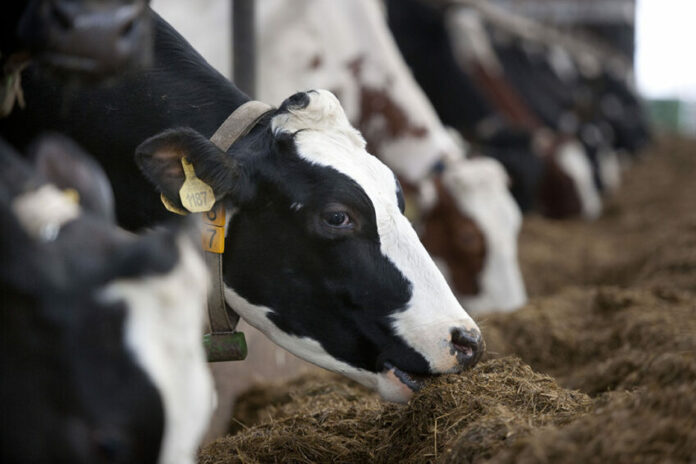Improper management, stress, stage of lactation and poor diet are among the causes of reduced milk production in cows, besides diseases.
Your dairy cow is consuming more feeds, but they may not be well-balanced to sustain milk production as well as her growth.
Therefore, proper feeding by ensuring adequate balance of nutrients is essential for lactating cows to remain healthy, grow and sustain milk production.
The stage of lactation can also be a factor responsible for this reduction of milk, in that after calving down, there is a steady rise in milk production levels up to the peak, and, thereafter, production starts to go down.
The stages are divided into three: early lactation, mid lactation and late lactation. In early lactation, cows give more milk steadily rising up to the peak of about 150 days, then milk production starts to drop.
Feed intake here is low and energy demand is too high and cows are usually losing weight since they use energy stored in the body for maintenance functions and milk production.
The cow should be fed a ration that will enhance peak production as long as possible and maximize milk production while maintaining good health, hence feeding high levels of concentrates is necessary.
Diets high in protein are also important as the body cannot mobilize all the required protein and microbial protein synthesized in the rumen by microbes can only meet requirements partially.
A protein content of 18 per cent crude protein is, therefore, recommended in rations. The second stage is the mid lactation, most probably where this cow is. It is characterized by declining milk production up to the end of lactation.
Cows gain back weight because the body reserves are being replenished and the intake of dry matter adequately supports milk production. Feeding should mainly be on high-quality forage and 15 to 18 per cent whole crude protein content is recommended.
9 reasons your dairy cow has stopped giving you high milk production
Also, concentrates high in digestible fibre like maize bran can be used as an energy source. The third stage is the late lactation, also characterized by declining milk production until the cow is dry. If the diet available is rich in energy, then limit the intake of concentrates to avoid the cow getting over-conditioned.
Try to minimize stress factors like heat stress by providing adequate shed for the cow to rest when not feeding and provide water with free access to cool her body.
Water also contributes to milk volume. The bedding material should also be kept clean and dry. For management, ensure that you control parasites regularly as they lead to slow buildup of diseases which might not be noted early but affect the production output.
Practice good milk production techniques such as using clean milking equipment, ensuring quietness while milking and correct handling of teats during milking since anything contrary to these might cause slow development of mastitis, which slowly interfere with milk system and reduce milk production in the long run.








